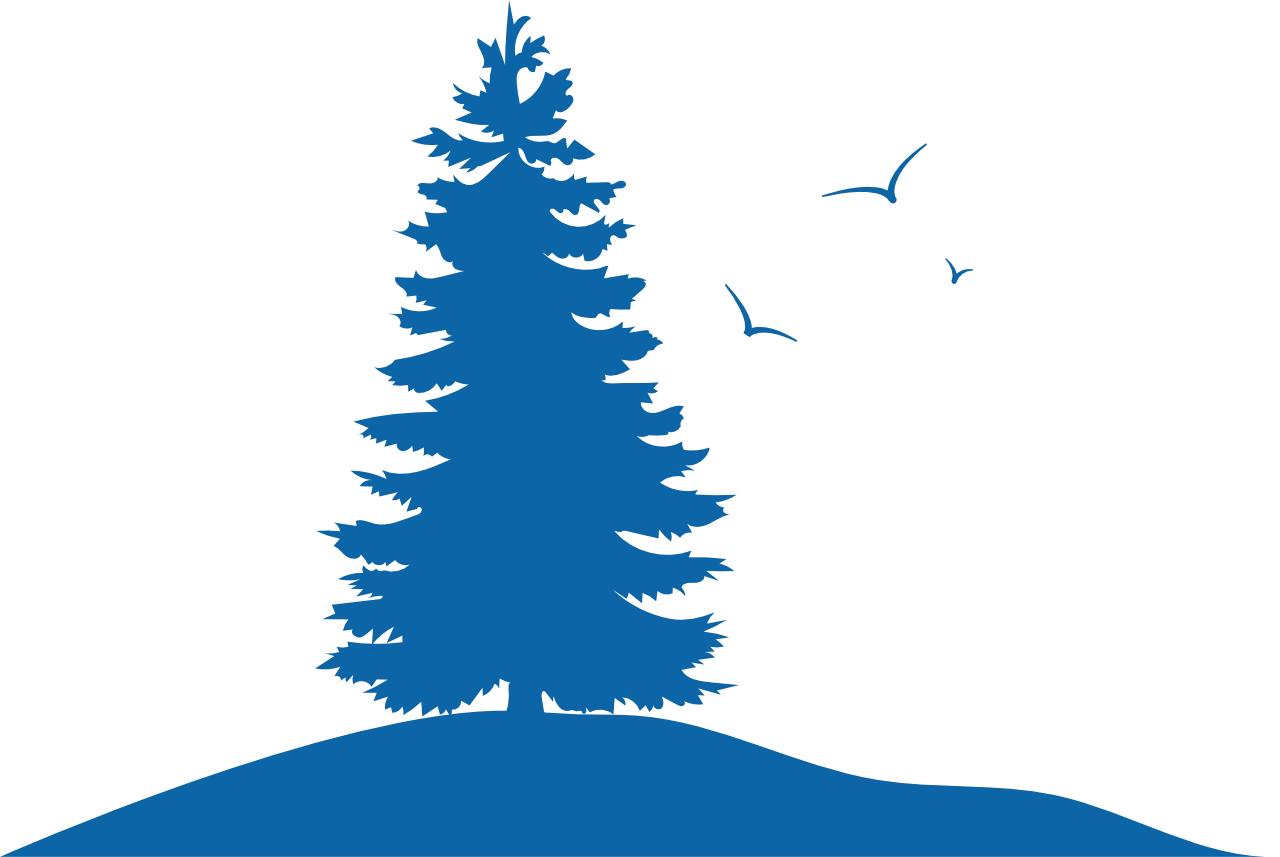Wildlife in a Warming Climate: Empowering Youth, Easing Climate Anxiety, and Building Community
As climate change accelerates, educators and conservationists are finding new ways to help young people not only understand the science but also take meaningful action. The "Wildlife in a Warming Climate" program, a collaboration between Wintergreen Studios and Sandy Pines Wildlife Centre, with funding from the Community Foundation for Kingston & Area, stands out as a model for empowering youth, addressing climate anxiety, and demonstrating the power of community partnerships.
A Collaboration Rooted in Real-World Impact
“This program was really about raising awareness in junior age students in particular about habitat changes due to a warming climate said Luke Howie, Director of Programming at Wintergreen Studios and an Ontario Certified Teacher. “We partnered with Sandy Pines because of their expertise in this area. They're experiencing this on the ground in terms of the patients that are coming into their care, and of course at Wintergreen we're a living lab, where we're seeing these changes happen in real time, in a pretty wild ecosystem. It felt like a perfect partnership for those reasons”.
Jess Pelow, an Ontario-certified teacher and educator at Sandy Pines, described how the partnership brought a long-standing idea to fruition: “For Sandy Pines, we have had this concept of programming on wildlife and a warming climate, and it's been on my to-do list for many years. This felt like a wonderful partnership to get it off the ground. Wintergreen has an incredible commitment to sustainability and a deep understanding of climate change”.
Hands-On Learning and Tangible Action
The curriculum, designed for grades 6-8 and aligned with Ontario standards, blends climate science, local wildlife case studies, and hands-on activities. “Two things that we really wanted to focus on were having something hands on and tangible, and also something that would empower students because we are well aware of many students’ climate anxiety and we didn’t want to add to that,” Jess explained. “We wanted to create a program where they created something that they would take away with them and take an action and see a change happen in their community. The empowerment piece was really important for us”.
A highlight is the seed ball activity, where students mix clay, soil, and native wildflower seeds to create small balls they can toss into local green spaces. “Students can be a little standoffish at first, but once they started working on the seedballs everyone relaxed and there was just a lot of excitement and by the end of it, I think students were really pretty jazzed to have these seed balls which they'd made,” Luke recalled. “We really like the idea of giving them that agency to decide where to toss the seedballs and make an impact and encouraging them to go back and monitor what was happening to see if the plants had germinated and were growing”.
Easing Climate Anxiety Through Action
Both Jess and Luke recognize that climate anxiety is a growing concern for young people. “We found ourselves in a good position to present something which can equip them for action and to stay hopeful,” Luke said. Jess added, “For this program the students are focusing on rewilding. They're creating seed balls, using specific native wildflower seeds that we know support particular wild animals, so they can start supporting those species and ultimately create more climate resiliency in our community”.
The Power of Partnership
The program’s success is rooted in collaboration. “We appreciate working with other organizations because they bring in new perspectives and fresh ideas. And that really enriches the programming that we can offer,” Jess noted. She also emphasized the practical benefits: “As nonprofits, and especially since the pandemic, we've all noticed that funding is really challenging for us to attain, and it makes more sense to us to partner and pool our resources and put together applications as one. That has seemed to be more successful for various organizations, so that's the direction that we're heading”.
Growing Reach and Lasting Impact
Initially piloted at St. Genevieve Catholic School in Kingston, the program quickly filled with enthusiastic students and has expanded under Sandy Pines’ leadership. The freely available lesson plan that accompanies the in-person program ensures that teachers across the region can bring this vital education into their classrooms.
By grounding learning in local action, fostering collaboration, and prioritizing empowerment over despair, "Wildlife in a Warming Climate" is helping youth move from anxiety to agency, one seed ball at a time.



